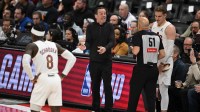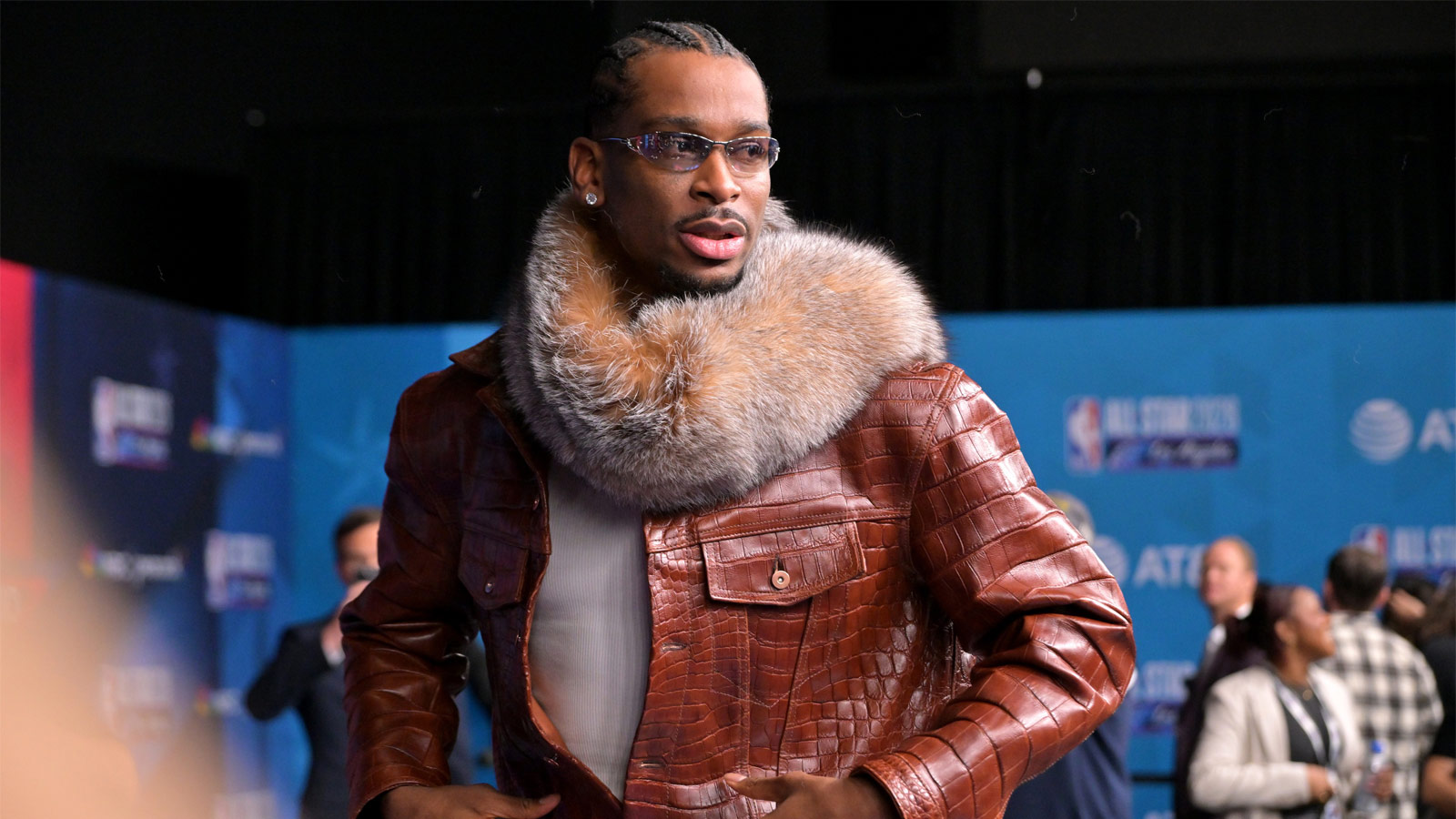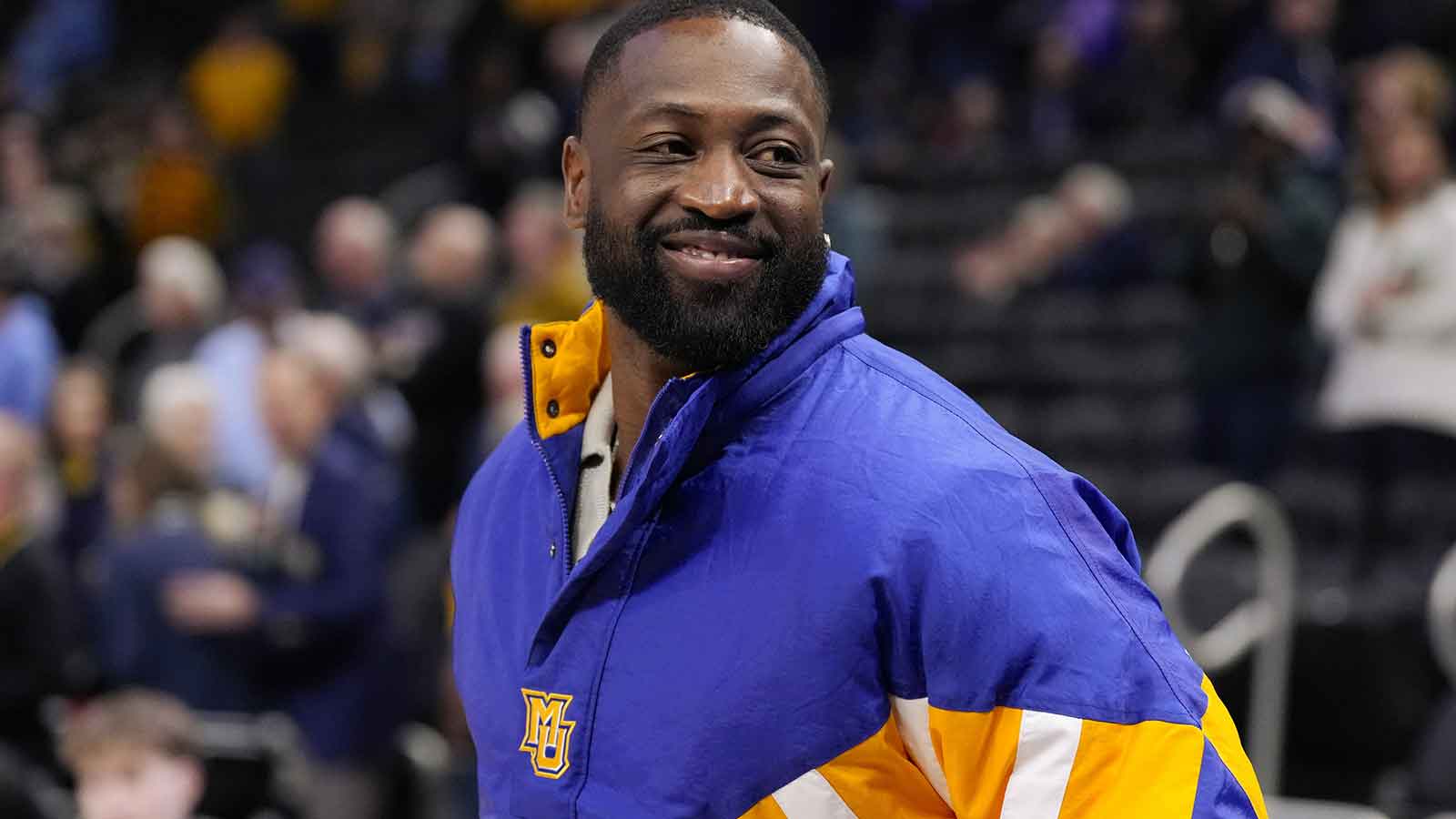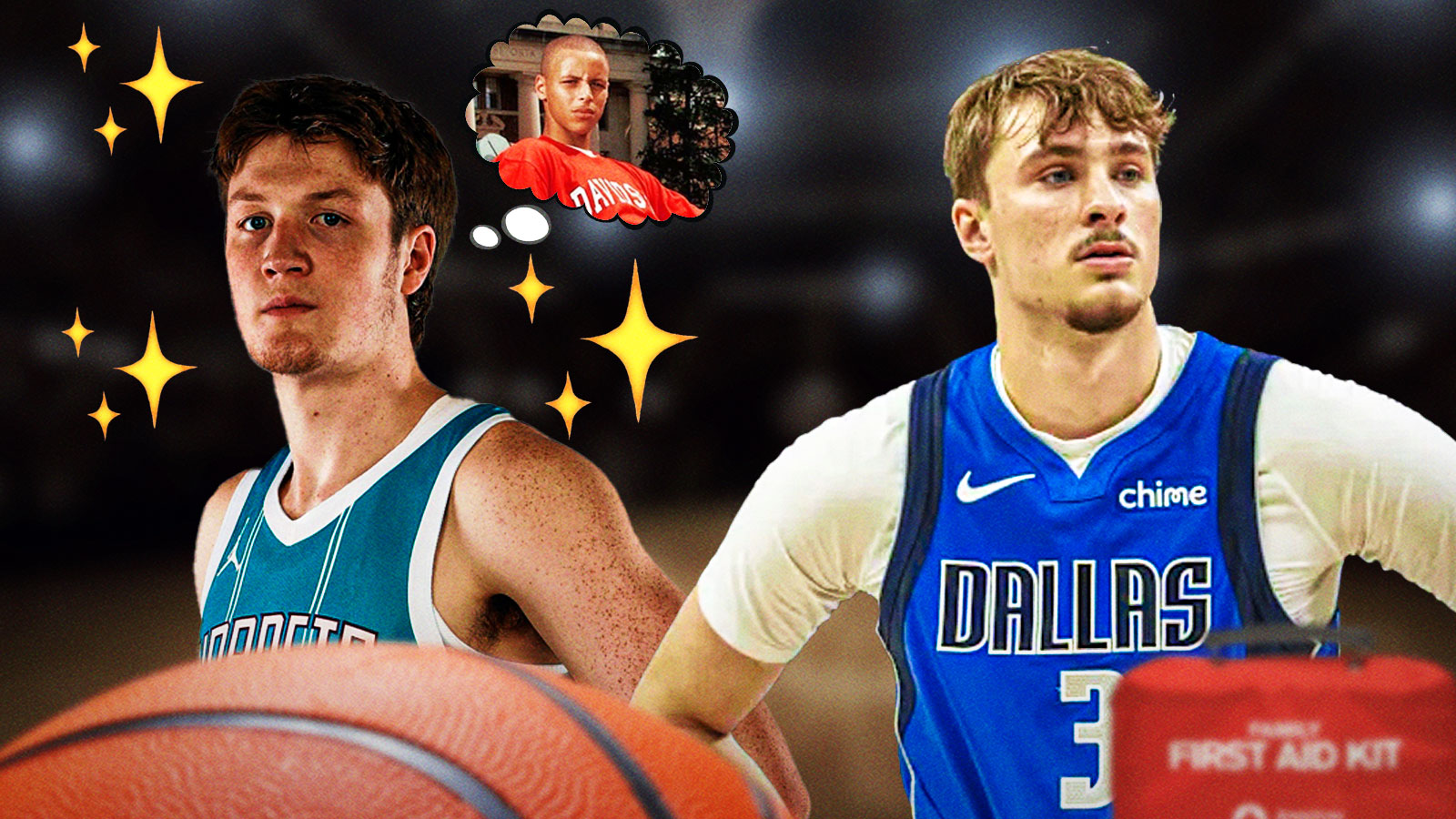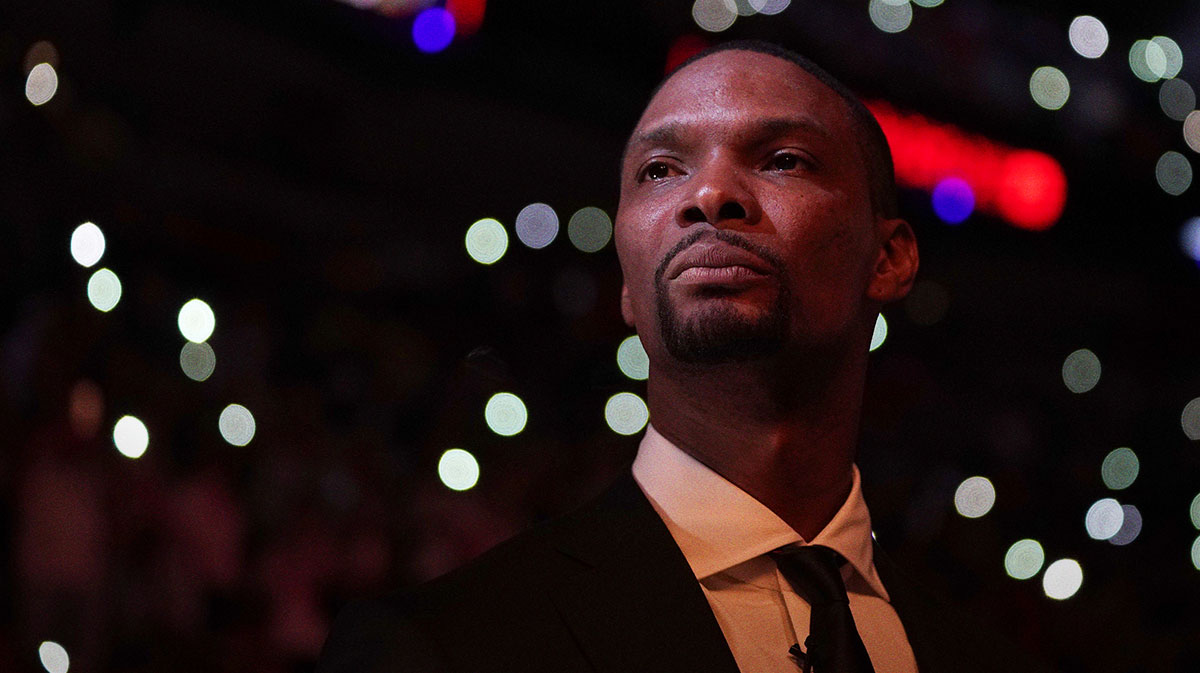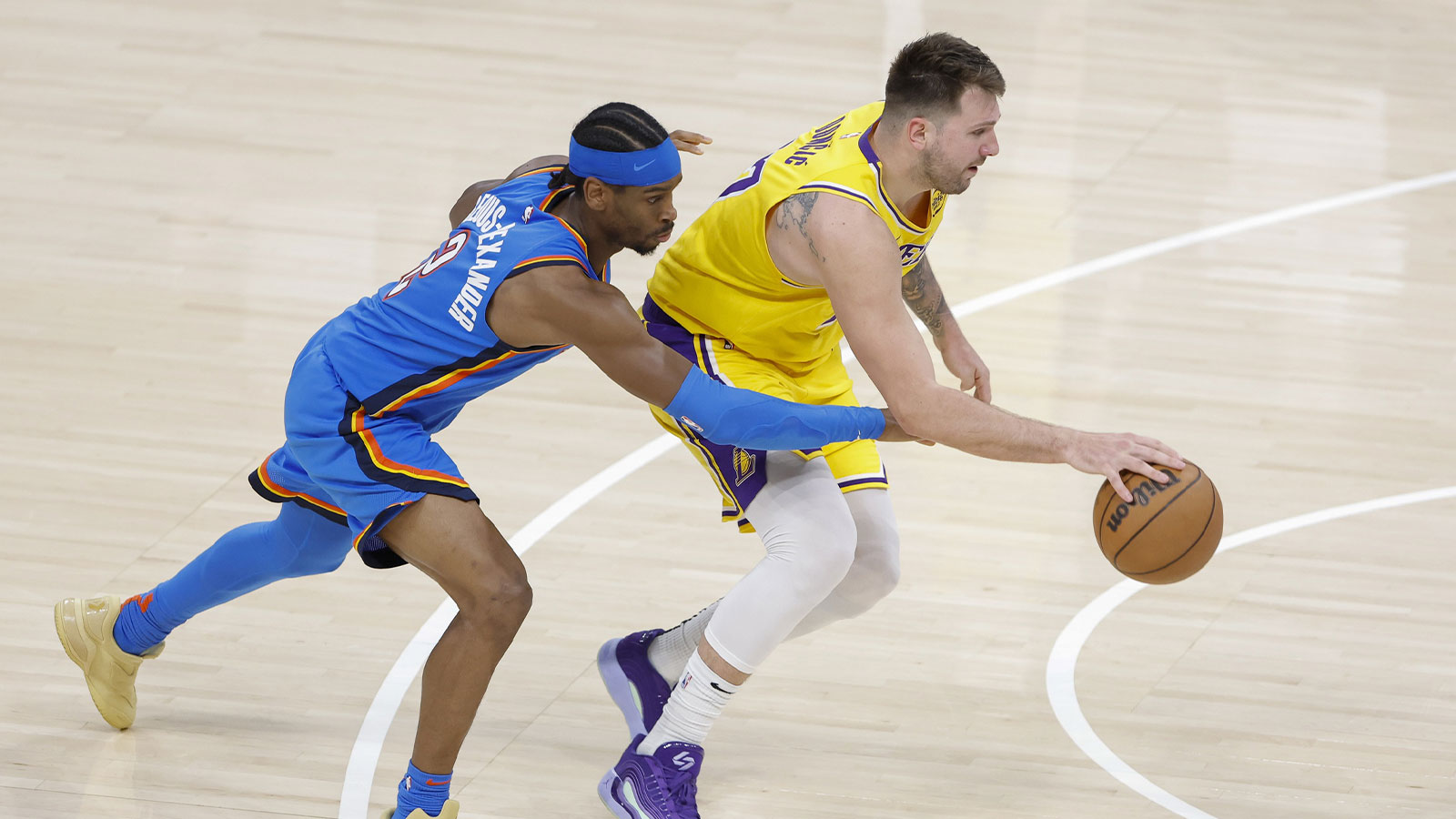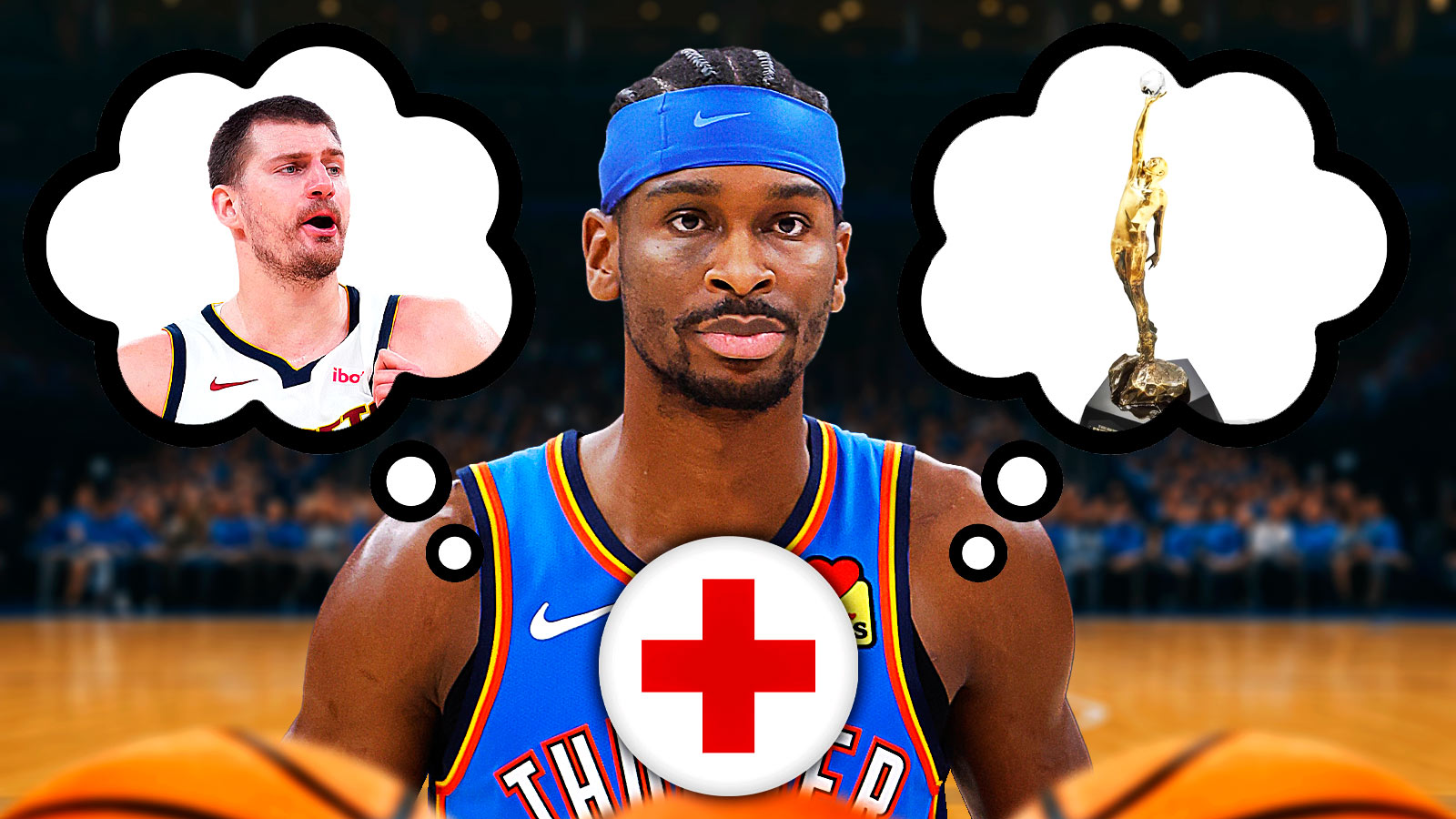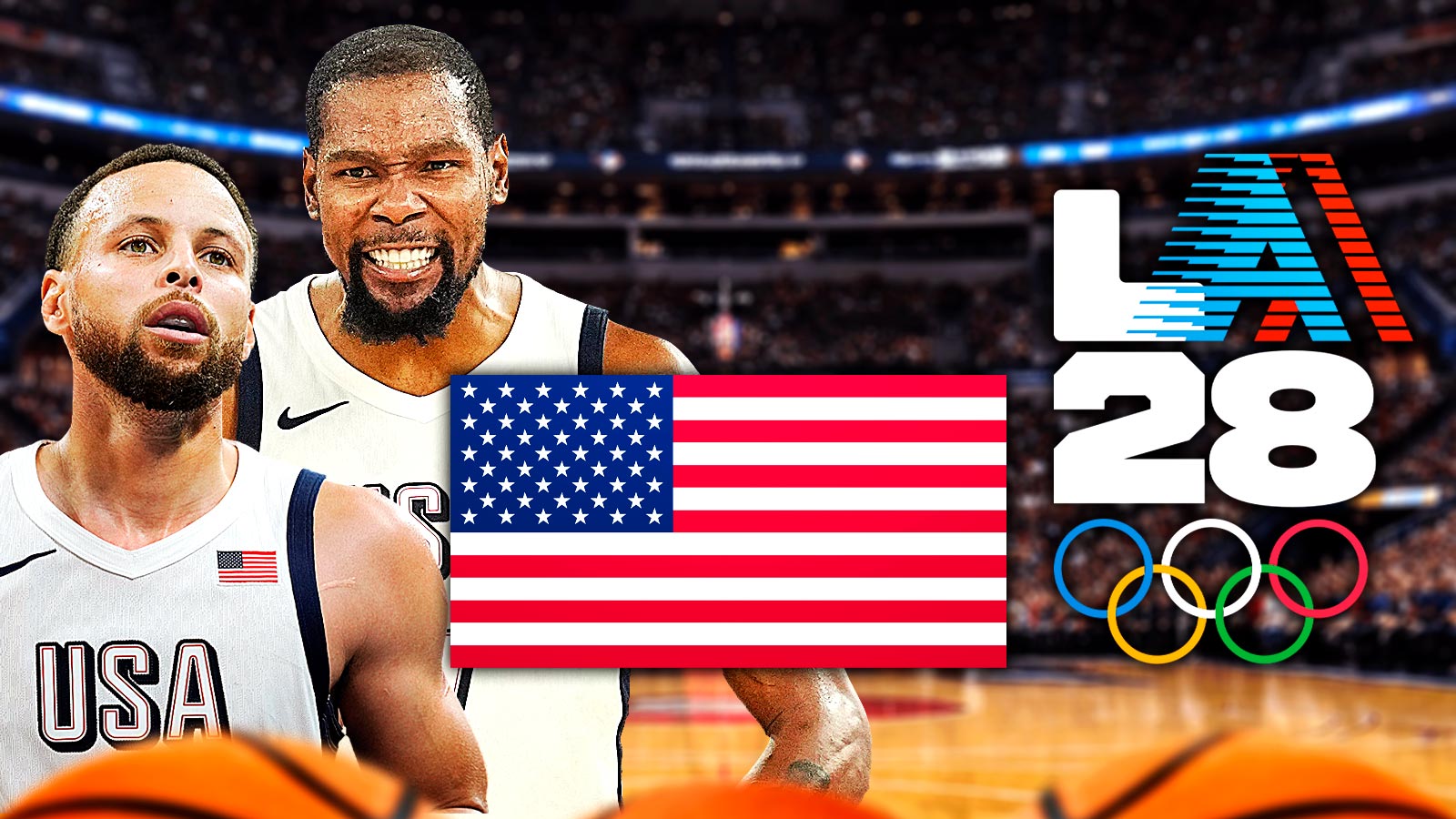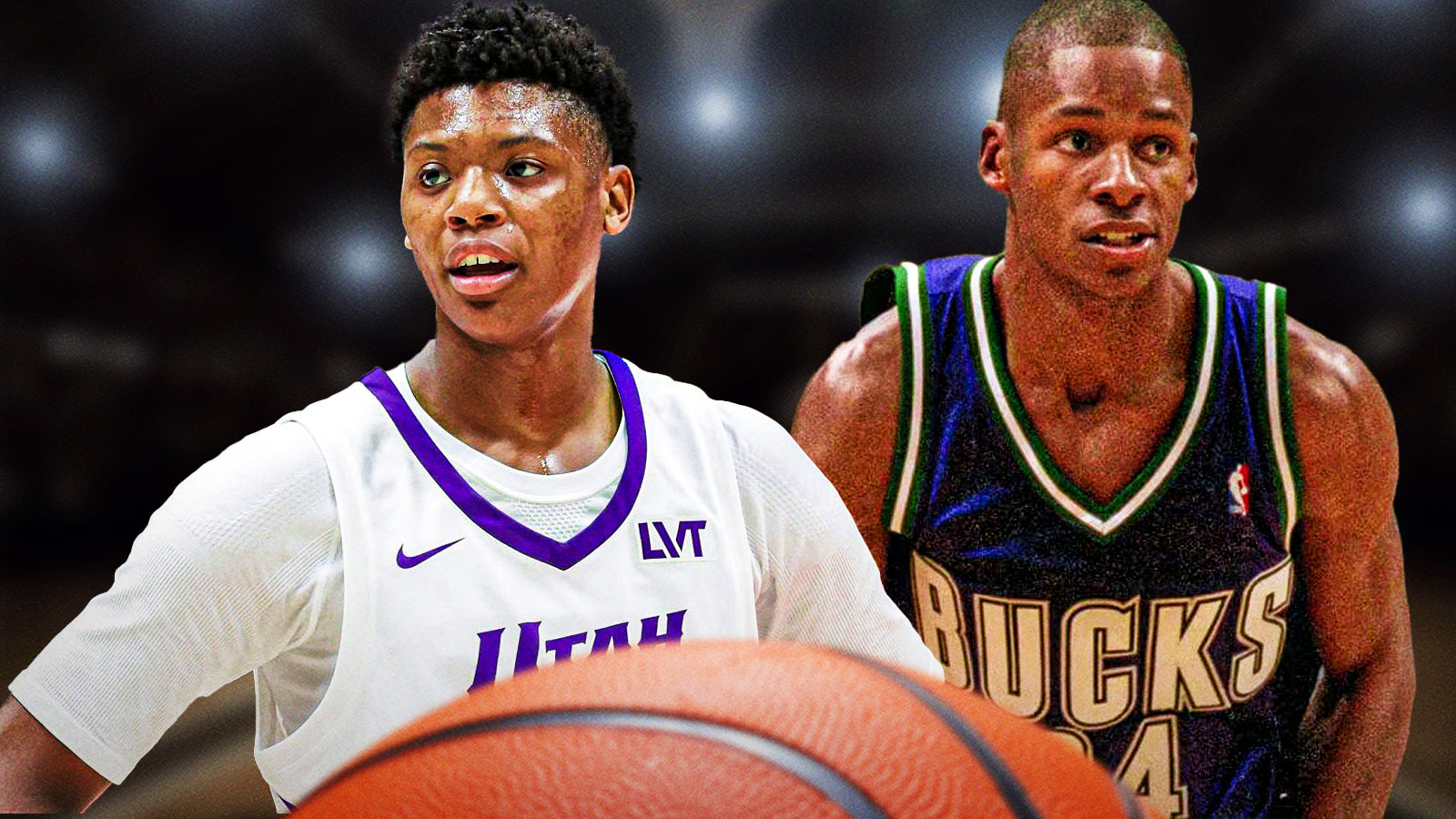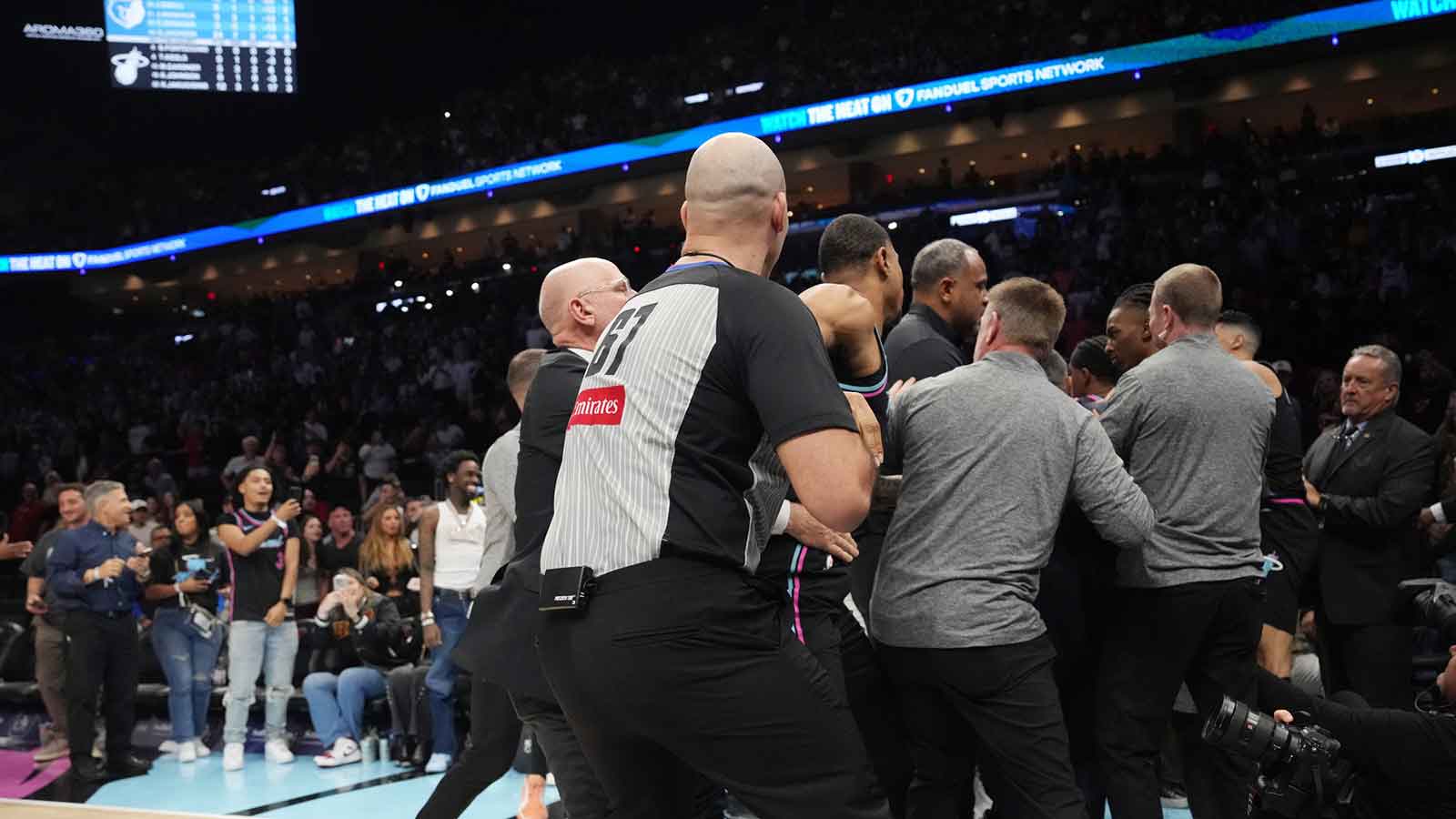Everybody cares about the MVP race—that's the big one, naturally. Defensive Player of the Year, too, usually gins up a certain frenzy. And this year, outside of the Embiid-Jokic-Giannis three-way holy war, none of the NBA awards is as tightly and passionately contested as the race for Sixth Man of the Year. While Sixth Man of the Year is traditionally the domain of high-scoring bench gunners (think: Lou Williams, Jamal Crawford or Tyler Herro), this year's edition has been engulfed by the Boston Media Mafia and the attendant concerns over advanced stats and even an ontological inquiry into the very definition of sixth manliness. Boston's Malcolm Brogdan and New York's Immanuel Quickley have cemented themselves as the clear favorites for Sixth Man of the Year, but ordering them is a fraught exercise. As such, here are our picks for Sixth Man of the Year.
3. Christian Wood, Dallas Mavericks
Within the flat, contextless realm of Basketball Reference, Wood is an excellent player. He's a prodigious scorer (16.6 points) and rebounder (7.3 boards) who complies gaudy stats despite playing under 26 minutes per game. Playing alongside Luka Doncic, Wood became an all-purpose offensive terror, shooting nearly 70 percent at the rim and 56.9 percent in floater range while also nailing 37.6 percent of his threes.
Watch Wood on the court, though, and his flaws are immediately apparent. He treats defense with such apathy that it borders on antipathy; he's a spacy, lackadaisical offensive player who doesn't snap into focus until he gets the ball. From a purely statistical perspective, he's a strong Sixth Man of the Year candidate; from a more holistic one, his value is considerably hazier.
2. Malcolm Brogdon, Boston Celtics
In his first year in Boston, Malcolm Brogdon was the same ultra-efficient ball-handler he's always been, despite he scaled down his minutes and usage to the lowest level of the last five years. Helming Boston's bench units, Brogdon averaged 14.9 points, 4.2 rebounds and 3.7 assists in just 26 minutes per game and posted a career-best 61.5 percent True Shooting. As always, Brogdon was a deadeye shooter (44.4 percent on over four attempts per game) and sturdy driver whose slashing ability belied his average quickness. While Jayson Tatum is the Celtics' star and MVP candidate and Jaylen Brown is a lower-tier All-NBAer, Brogdon was Boston's unsung hero, allowing lineups to cohere and thrive even when the two stars weren't on the court; the Celtics outscored opponents by 2.85 points per 100 possessions when Brogdon played without the Jays.
1. Immanuel Quickley, New York Knicks
The argument for Immanuel Quickley to win Sixth Man of the Year is that Immanuel Quickley was the best sixth man of the year. The argument against him is much less convincing: that he wasn't enough of a bench player. While Quickley did thrive in spot starts (22.6 points, 5.4 rebounds, 5.1 assists per game in 21 starts), he was a force of nature no matter his role. To wit, a player only needs to come off the bench in a majority of their games to qualify for Sixth Man of the Year, so it's ultimately irrelevant whether Quickley started 21 of 81 games or if he started 0; it's dumb to punish Quickley because Jalen Brunson got hurt.
Originally thought of as a one-note microwave scorer when he entered the league, Quickley instead blossomed into a true two-way player, battening down the hatches on defense with just as much as skill as he opened up New York's offense. Averaging 14.9 points, 4.2 rebounds and 3.4 assists in 28.9 points per game, Quickley's box score production is a skosh below Brogdon's, but his advanced stats and on/off splits paint him as an elite guard, sixth man or otherwise. With Quickley on the court, the Knicks outscored opponents by 6.46 points per 100 possessions, the equivalent of the best team in the league; when he sat, they were outscored by 2.05 points per 100 possessions, the equivalent of a lottery outfit. And if you don't believe us that Quickley should win, just ask Damian Lillard.



